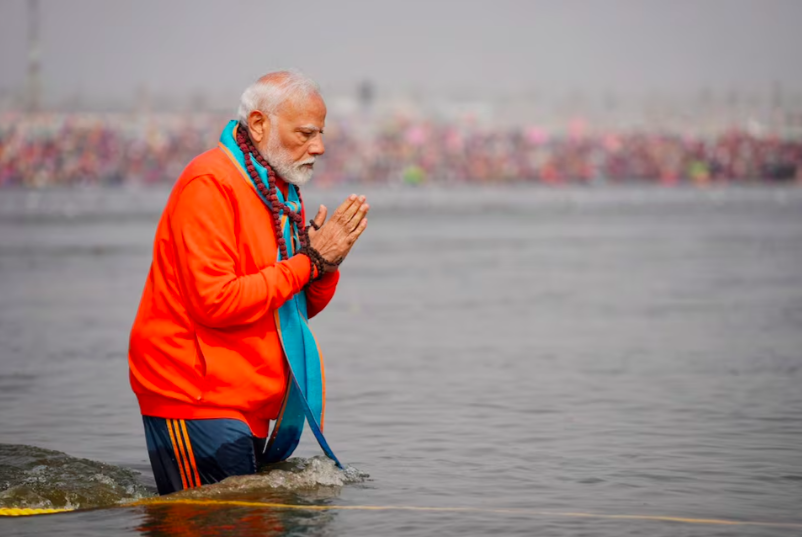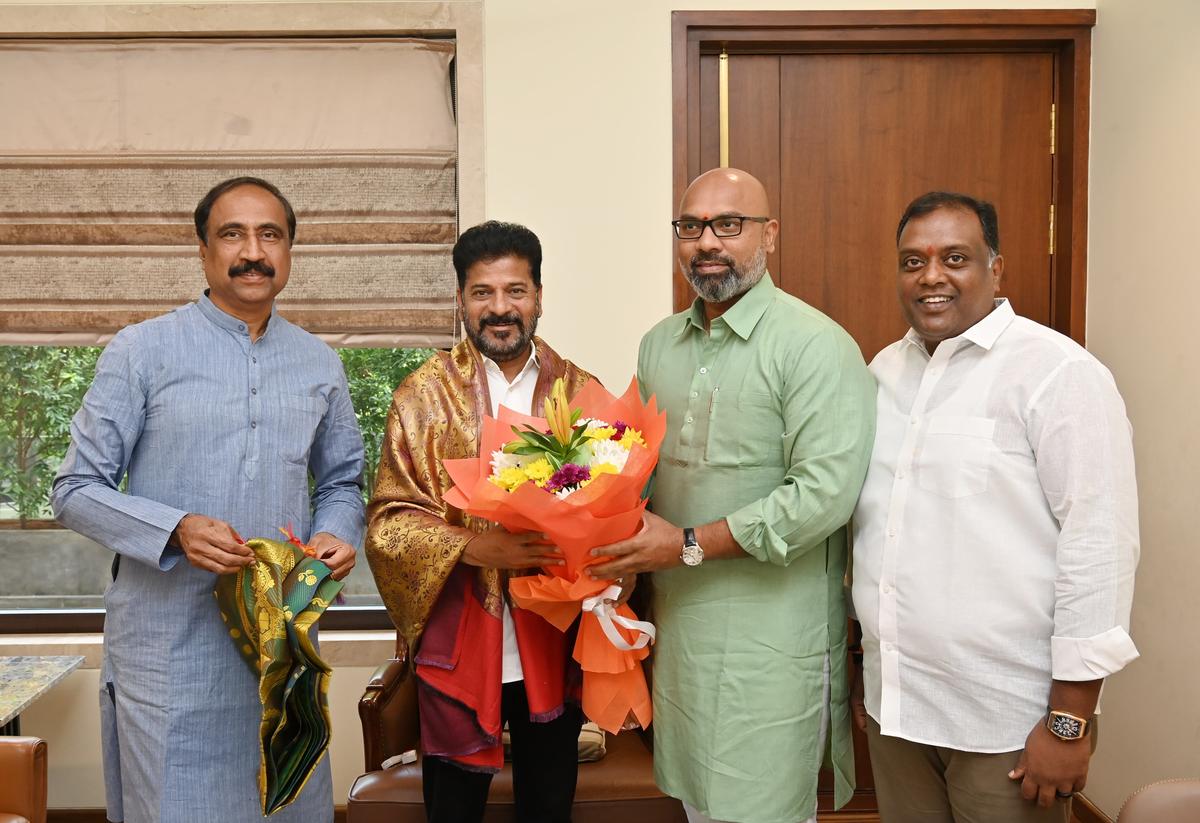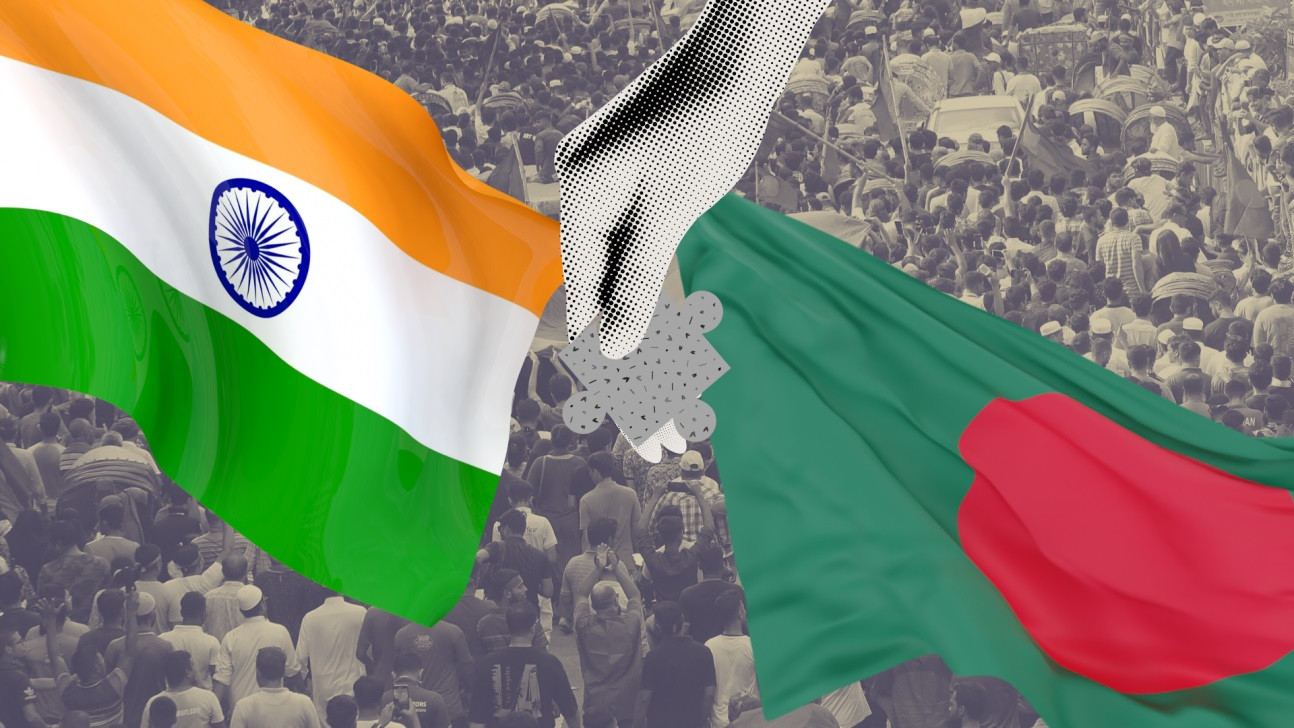Who is Afraid of Hindu-Muslim Couples?
By Madhu Kishwar
One of the most unfortunate tendencies in India’s political discourse is to reduce every issue into a “for” versus “against” proposition following the pattern of school-college debating society’s style of engagement with issues. This propensity for polarizing all issues into two extreme positions an important reason why almost every issue leads to a permanent stalemate and we rarely move towards solutions..
“Love-Jehad” has come to be one of the latest additions to a meaninglessly polarized debate on a sensitive issue. On the one hand Love-Jehad has been portrayed by Hindutva groups as a sinister and well planned conspiracy to seduce, abduct, blackmail or coerce young Hindu women to convert to Islam under the guise of love affairs with Muslim men. On the other hand, the “secular” opponents of Hindutva are projecting it as a case of “freedom of choice” in marriage. They castigate the campaign against “Love-Jehad” as a conspiracy of obscurantist Hindu groups to keep the sexuality of Hindu women under the control of Hindu patriarchs.
Let’s try and sift the chaff from the grain of both sides:
To begin with let us be clear, even the radical Hindutva groups do not object to genuine marriages between mutually caring individuals even if they be a case of Hindu-Muslim union. A good example of this is the marriage of film script writer Salim Khan with a Maharashtrian Hindu woman. Salim Khan neither eloped with nor abducted his wife. He secured the family’s consent and did not insist on his wife abandoning her faith and family culture. Both the husband and wife not only follow their respective faiths but also fully respect each other’s religious sensibilities and rituals. In their bedroom the wife has her puja sthal replete with Hindu deities while Salim Khan has a dedicated space for his namaz. The entire family celebrates both Hindu as well as Muslim festivals. Their sons have also gone for inter-faith marriages and follow the same inclusive lifestyle. Therefore, these marriages have neither evoked social disapproval nor invited any hostility among Hindus. If anything Salim Khan’s family is often held up as an example of inter-faith harmony. However, Muslim fundamentalists do look upon Salim Khan’s life style with hostility
Moral of the story: When the two families join together in celebrating a Hindu-Muslim union and when there is no coercive conversion, none in Hindu society have problems with it.
However, the angst about “love jehad” is to do with surreptitious marriages, often under false pretext or with hidden agenda of forcing Hindu women into the Islamic fold as concubines or sex slaves.
There is no denying that some families are hostile even when the love affair between a Hindu girl and Muslim man is genuine, especially if the couple elopes without even informing their parents thus causing great deal of social humiliation. Marriage by elopement is uniformly looked down upon by all communities even when it is not inter-religious. This is because in most close knit traditional societies (word “tradition” not to be mistaken for “backward” or “obscurantist – but simply meaning societies that values their social and cultural heritage) marriage is not treated as a union of two individuals but a coming together of two families. This occasion is not only considered sacred almost all over the world but also considered incomplete without the blessings of the family elders and joint celebration by members of the two families. The idea of inviting relatives and friends of witness the occasion is to drive home the message, that marriage is a social bond, it’s not just a license to establish sex relations between a couple. Hindu marriage vows in fact include taking responsibility for each other’s families.
My experience tells me that in most cases where the man genuinely cares for the woman, he would not like to break her bonds with her family. The couple would do their best to win over the confidence of the woman’s parents and vice versa. A marriage has a far better chance of surviving with dignity if the two families respect each other and act as glue between the couple. Those who treat marriage as a liaison between just two individuals are living a Hollywood fantasy.
But “Love-jehad” has very little to do with “love”. It is more a trap than a romantic liaison. That is why it is causing upset not just among Hindus but also among Sikhs and Christians. It’s causing angst not just in various states of India but also in other countries.
For instance, the Commission for Social Harmony and Vigilance of the Kerala Catholics Bishops Conference also published a report highlighting the criminal conduct of love jehadists. It said, “There were 2868 female victims of “love jehad” in Kerala from 2006 to 2009.” The situation must have been grave enough if the then chief minister of Kerala, VS Achuthanandan, belonging to the Communist Party Marxist alleged conversion of non-Muslim girls to Islam under pretext of love marriage as part of an effort to make Kerala a Muslim majority state. The Kerala state police inquiry into this phenomenon concluded that “there are reasons to suspect “concentrated attempts” to persuade girls to convert to Islam after they fall in love with Muslim boys. Since the demographic profile in certain districts of Kerala, Bengal etc has changed dramatically in recent decades, it lends credence to this charge.
The matter went right up to the Kerala High Court. On December 10, 2009, Justice Sankaran ruled that there were indications of forceful conversion under the garb of love in the state with the blessings of certain political outfits. He asked the government to consider enacting a law to prohibit such “deceptive” acts. There are similar, reports coming from certain districts of Bengal, Karnataka, Uttar Pradesh and Bihar. This is happening on mass scale in a much more sinister form in Bangladesh and Pakistan where young Hindu and Sikh women are brazenly abducted with full support of the state authorities. These forced conversions are an important reason why the population of Hindus has sunk dramatically in both these countries.
The Akal Takht, the highest temporal seat of Sikhism, has taken a serious view of reports that Sikh girls in England and America are falling victim to ‘love jihad’ by Pakistani youth seducing non-Muslim girls for converting them to Islam and using them in jihadi activities. Some of these girls were later dumped by their husbands in Pakistan, where the in-laws have been using them as domestic slaves.
This phenomenon is not limited to Hindu and Sikh girls or Indian Christians. According to a report by June Thomas, culture critic of Slate and editor of Outward, between 1997 and 2013, a small the northern English town of Rotherham at least 1,400 girls, some not even teenagers, were groomed for sexual exploitation by Pakistani men. The findings of an independent inquiry into child sexual exploitation in Rotherham declared that they were raped by multiple predators, trafficked to other towns and cities in the north of England, abducted, beaten, and intimidated. There were examples of girls who had been doused in petrol and threatened with being set alight, threatened with guns, made to witness brutally violent rapes and threatened that they would be next if they told anyone. The scope of the abuse: 1,400 children represent 0.5 percent of Rotherham’s population.
It is noteworthy that most of the victims were white and most of the predators were from what is known in Britain as “the Pakistani-heritage community.” British Home Secretary Theresa May told Parliament that “institutionalized political correctness” contributed to authorities turning a blind eye.
The Indian government is similarly turning a blind eye to this menace out of fear of being dubbed anti-Muslim. However, in order to get this issue due attention, it needs to be freed from the clutches of rabble rousers claiming to speak on behalf of Hindutva. The fact that hysteria mongers like Yogi Adityanath and rabble rousing outfits like Bajrang Dal are leading this campaign robs it of serious credibility. Secularists dismiss the issue alleging that this is the outcome of phobic fantasies by Hindu groups who exaggerate stray cases of Hindu-Muslim marriages to project them as a tsunami of conversions.
This arrogant dismissal only adds fuel to fire. Let us not forget that the 2013 Muzaffarnagar riots in UP were triggered by a Jat Hindu girl being sexually harassed and pestered over time by some Muslim young men. In this case, she was resisting being trapped. But there are many who do fall for seduction. Had the Muzaffarnagar harassment case been a solitary one, Jats would not have reacted with such fury.
Even if the total number of trapped girls run into a few thousand, we need to view the figures in the perspective of other atrocities against women. For instance, a few hundred cases of bride burning every year in certain parts of India led to such widespread outrage all over the country that a spate of extremely stringent laws had to be enacted to put them down. Similarly, a few well publicized brutal rapes were enough to get people so agitated that a draconian new law was passed with lightening speed to assure people that the government was serious about protecting women from predators. Therefore, even if “love-jehad” has resulted in a few thousand Hindu, Sikh or Christian women being trapped into conversion to Islam through foul means, especially if they have ended up as sex slaves – the phenomenon deserves serious attention.
Unfortunately, in India issues relating to women get to be taken seriously only if left oriented feminist NGO’s backed by powerful foreign funding agencies choose to project them. These NGOs have come to dominate social and political discourse in media to such an extent that unless they endorse an issue, it is considered illegitimate. Thanks to the persistent demonization of BJP and allied outfits, any issue that is taken up by Hindutva groups, is automatically dismissed with disdain by these powerful NGOs as well as the Congress party and its leftist allies.
This is exactly where the role of non-partisan social scientists and media professionals becomes crucial. We need to rise above left-right divide to investigate this menace with thorough precision.
Only then we will know the real extent of the threat—whether it is real or phobic. An essential prerequisite for coming to a resolution of contentious issues is the ability to sift grain from chaff, the ability to distinguish between the legitimate grievances of any group or individual and their illegitimate fears. Its only when you are able to redress the legitimate complaints that you acquire the moral right to put your foot down against illegitimate assertions and phobic fantasies.
A shorter version of this article was published in The Indian Express on 17th October, 2014 : http://indianexpress.com/article/opinion/columns/a-real-threat-a-phobic-fantasy/









